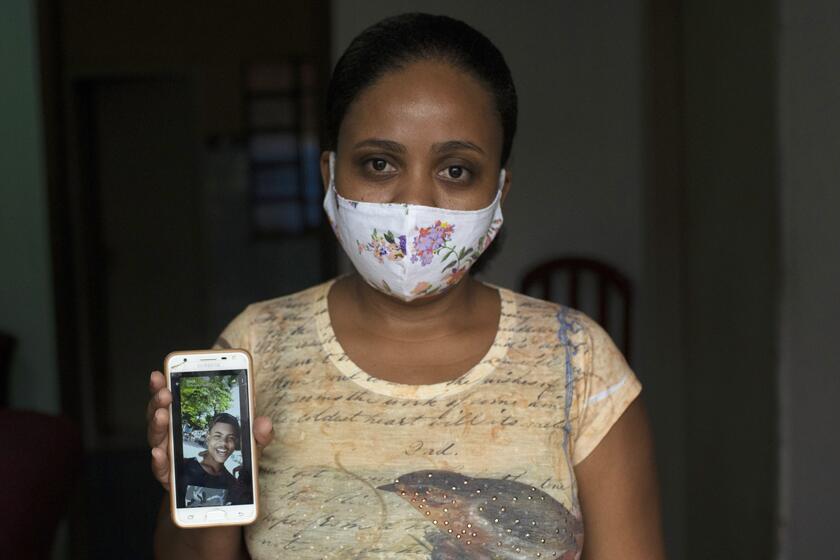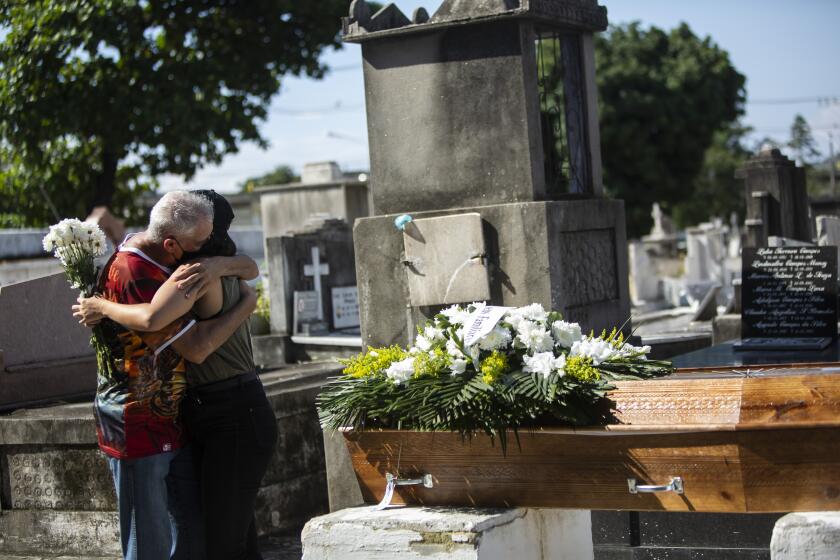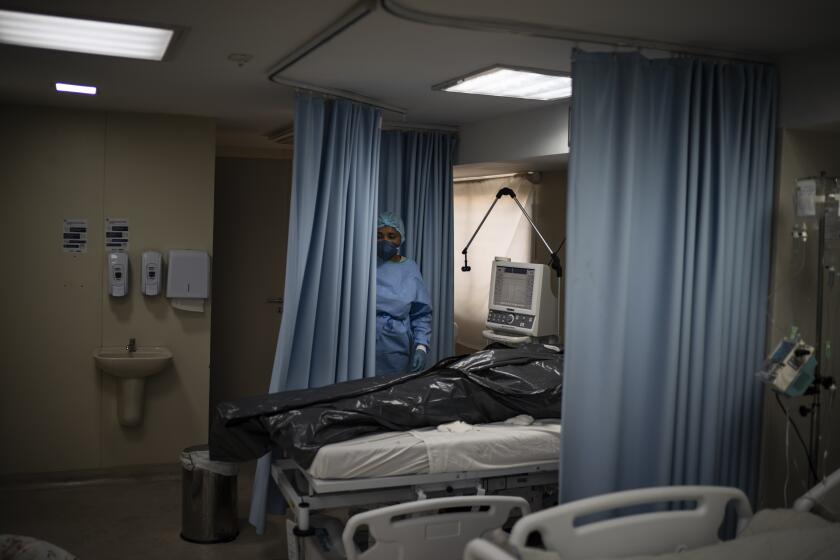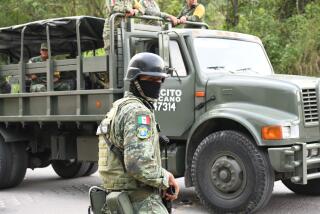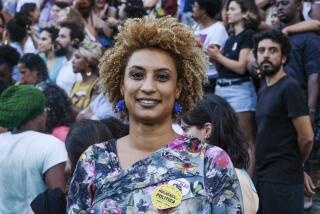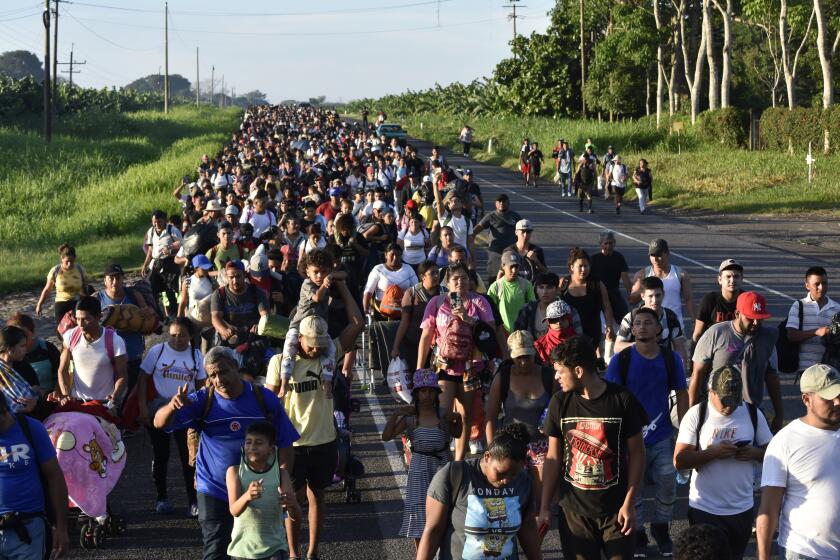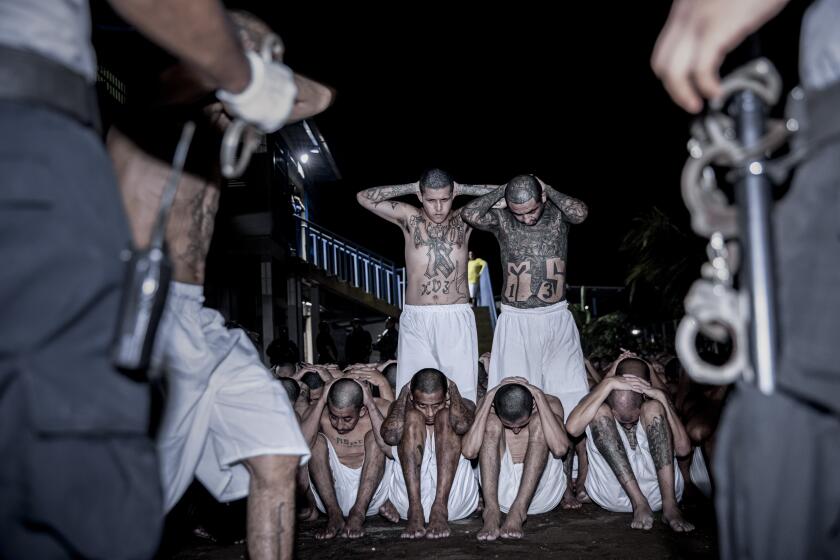Police shootout that killed 25 in Rio sparks allegations of human rights abuses
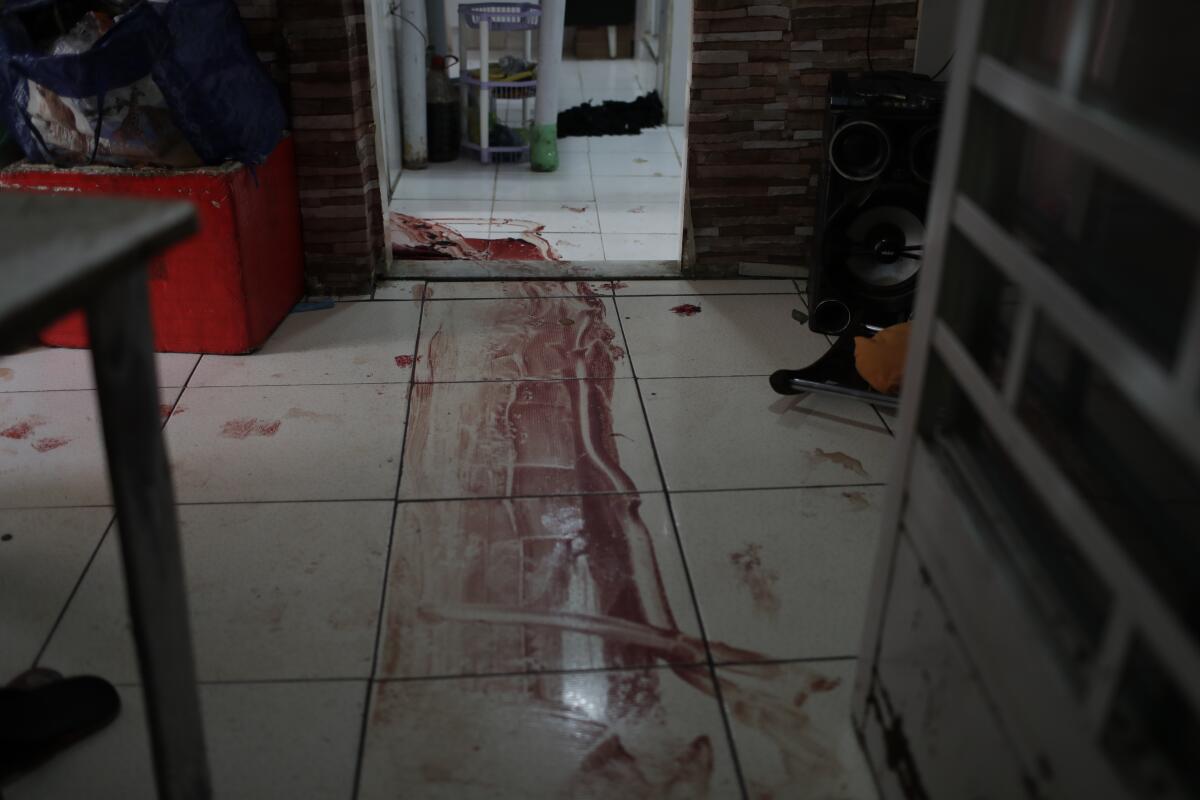
A bloody, hours-long gun battle in a Rio de Janeiro slum echoed into Friday with authorities saying the police mission successfully eliminated two dozen criminals while residents and activists claimed human rights abuses.
It was just after sunrise Thursday when dozens of officers from Rio de Janeiro state’s civil police stormed Jacarezinho, a working-class shantytown in the city’s northern zone. They were targeting drug traffickers from one of Brazil’s most notorious criminal organizations, Comando Vermelho, and the bodies piled up quickly.
When the fighting stopped, 25 people were dead — one police officer and 24 people described by the police as “criminals.”
Rio’s moniker of “the Marvelous City” can often seem a cruel irony in the shantytowns, or favelas, given their stark poverty, violent crime and subjugation to drug traffickers or militias. But even here, Thursday’s clash was jarring, with analysts declaring it one of the city’s deadliest police operations ever.
The bloodshed also laid bare Brazil’s perennial divide over whether, as a common local saying goes, “a good criminal is a dead criminal.” Fervent law-and-order sentiment fueled the successful presidential run in 2018 by Jair Bolsonaro, a former army captain whose home is in Rio. He drew support from much of society with his calls to diminish legal constraints on officers’ use of lethal force against criminals.
The administration of Rio state Gov. Claudio Castro, a Bolsonaro ally, said in an emailed statement that it lamented the deaths, but that the operation was “oriented by long and detailed investigative and intelligence work that took months.”
More than 600 people were killed by police in Brazil’s Rio de Janeiro state in the first months of this year, and most were black or biracial.
The raid sought to halt gang recruitment of teenagers, police said in an earlier statement, which also cited Comando Vermelho’s “warlike structure of soldiers equipped with rifles, grenades, bulletproof vests.”
Television images showed a police helicopter flying low over Jacarezinho as men with high-powered rifles hopped from roof to roof to evade officers.
Others didn’t escape.
One resident told the Associated Press how a man barged into her modest home about 8 a.m. bleeding from a gunshot wound. He hid in her daughter’s room, but police came rushing in right behind him.
She said that she and her family saw officers shoot the unarmed man.
Hours later, his blood was still pooled on her tile floor and soaked into a blanket patterned with hearts.
Brazil has become the second country in the world to top 400,000 COVID-19 deaths despite some recent signs of containment of the coronavirus.
About 50 Jacarezinho residents poured into a narrow street to follow members of the state legislature’s human rights commission who conducted an inspection following the shootouts. They shouted, “Justice!” while clapping their hands. Some raised their right fists into the air.
Felipe Curi, a detective in Rio’s civil police, denied that there were any executions.
“They were all traffickers or criminals who tried to take the lives of our police officers, and there was no other alternative,” he said at a news conference.
Curi said some suspects had sought refuge in residents’ homes, and six of them were arrested. Police also seized 16 pistols, six rifles, a submachine gun, 12 grenades and a shotgun, he said.
Bolsonaro’s son Carlos, a Rio city council member who is influential on social media, supported police. He expressed condolences to the family of the fallen officer on Twitter, while skipping any mention of the other 24 dead or their families. The president didn’t refer to the incident at all Thursday night in his weekly live broadcast on Facebook.
Brazil currently accounts for one-quarter of the world’s daily COVID-19 deaths, and health experts warn it is on the verge of even greater calamity.
Bolsonaro’s political rival, former President Luiz Inacio Lula da Silva, said any operation that produces two dozen deaths doesn’t qualify as public security.
“That is the absence of the government that offers education and jobs, the cause of a great deal of violence,” said Da Silva, who is widely expected to mount a challenge to Bolsonaro’s reelection bid next year.
The Brazilian offices of Human Rights Watch and Amnesty International urged public prosecutors to thoroughly investigate the operation.
“Even if the victims were suspected of criminal association, which has not been proven, summary executions of this kind are entirely unjustifiable,” said Jurema Werneck, Amnesty’s executive director in Brazil.
The Rio state prosecutors’ office said in a statement to the newspaper Folha de S. Paulo that it would investigate accusations of violence, adding that the case required a probe independent from police.
News Alerts
Get breaking news, investigations, analysis and more signature journalism from the Los Angeles Times in your inbox.
You may occasionally receive promotional content from the Los Angeles Times.
Brazil’s Supreme Court issued a ruling last year prohibiting police operations in Rio’s favelas during the pandemic unless “absolutely exceptional.”
The order came after police fatally shot a 14-year-old in a home where there was no indication of any illegal activity. The teen’s death sparked a Brazilian iteration of Black Lives Matter protests across the city’s metropolitan area for weeks.
The ruling, which remains in force, caused a decline in police operations throughout the middle of last year, as reflected by a plunge in the number of shootouts reported by Crossfire, a non-governmental group that monitors violence, and in official state data on deaths resulting from police intervention. But both indicators have crept back up to around pre-pandemic levels.
The Candido Mendes University Public Safety Observatory said Rio police killed an average of more than five people a day during the first quarter of 2021, the most lethal start of a year since the state government began regularly releasing such data more than two decades ago.
More to Read
Sign up for Essential California
The most important California stories and recommendations in your inbox every morning.
You may occasionally receive promotional content from the Los Angeles Times.
